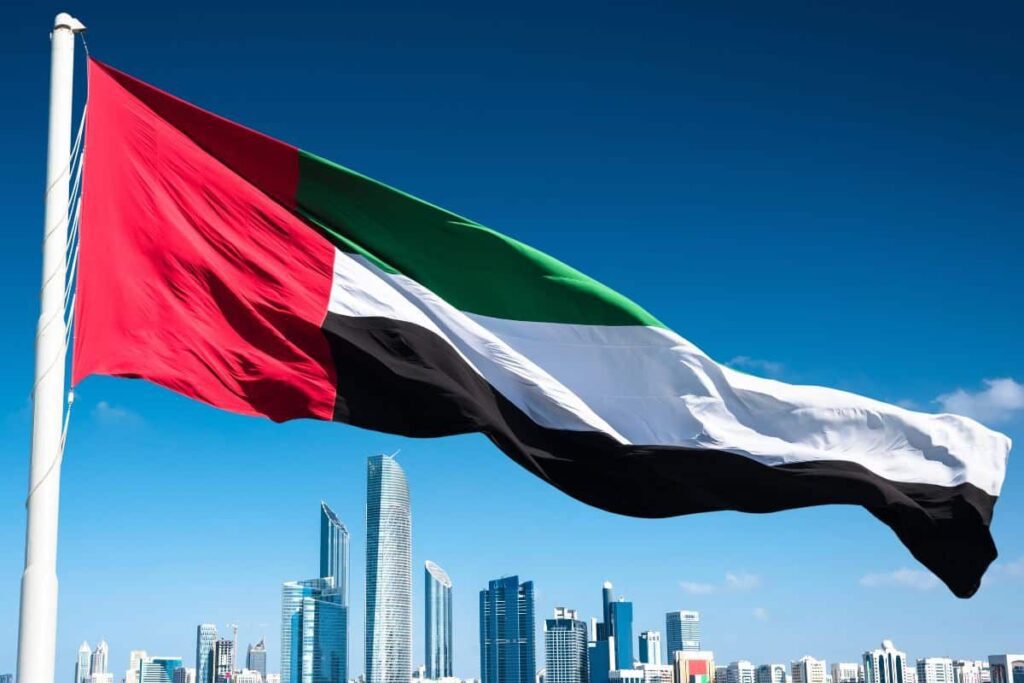According to a top official, the UAE has no intentions to force smaller enterprises to meet Emiratisation standards. After successfully placing tens of thousands of Emiratis in new private-sector employment, Abdulrahman Al Awar, Minister of Human Resources and Emiratisation, stated that the policy will not be changed to include enterprises with fewer than 50 employees.
“We will not change the government’s policy about Emiratisation in the private sector. There is no need for additional interventions,” Mr. Al Awar said earlier this week. Speaking at the ministry’s offices in Dubai last week, he said the policy was successful in 2022 and believes it will have more success in the coming years.
“There will be no surprises [in Emiratisation policy] that will cause confusion in the job market,” he told The National. As many as 1,600 Emiratis work for free zone enterprises, with officials anticipating that more will find private-sector work and benefit from the Nafis policy, which means “to compete” or “to be competitive” in Arabic.
“There is a high demand for Emiratis in free zone companies. They started to participate in Nafis programme and we have about 1,600 Emiratis working in private companies at free zones,” said Ghannam Al Mazrouei, secretary general of the Emirati Talent Competitiveness Council. He advised enterprises in free zones to use the Nafis programme to recruit Emiratis despite being excluded from the Emiratisation legislation.
According to Mr. Al Mazrouei, the Nafis initiative can decrease the financial strain on businesses even if they are not forced to join. “Companies in free zones can benefit from Nafis packages,” he said. “We have 32,556 Emiratis who benefitted from Nafis financial support in the private sector until last December. Nafis programme can reduce the financial burden on companies.”
Mr. Al Mazrouei said a budget of AED1.25 B per year is provided to train, develop and recruit Emiratis in the private sector. “We held 1,500 workshops and many virtual meetings with companies in the private sector to support the Emiratisation policy,” he said.
As of last week, there were 50,000 Emiratis working in the private sector across the country, up from around 22,000 a year before. The federal government fined enterprises AED400 M ($108 M) on Wednesday for failing to ensure that 2% of their employees were Emirati by January 1.
There were 13,000 businesses that fit the criterion and employed more than 50 people. Businesses operating in free zones are exempt. Approximately 9,000 of the qualifying enterprises made the deadline, while approximately 3,000 missed it. An additional 1,000 came close to meeting the quota, according to labour officials.
By January 1, 2024, approximately 13,000 firms must ensure that Emiratis make up 4% of their staff, rising to 10% by the end of 2026. Emiratis are also entitled to pay increases under the programme. An Emirati working in a private company could earn up to AED7,000 per month if they have a bachelor’s degree,AED6,000 if they have a diploma, and AED5,000 if they have only completed high school.


